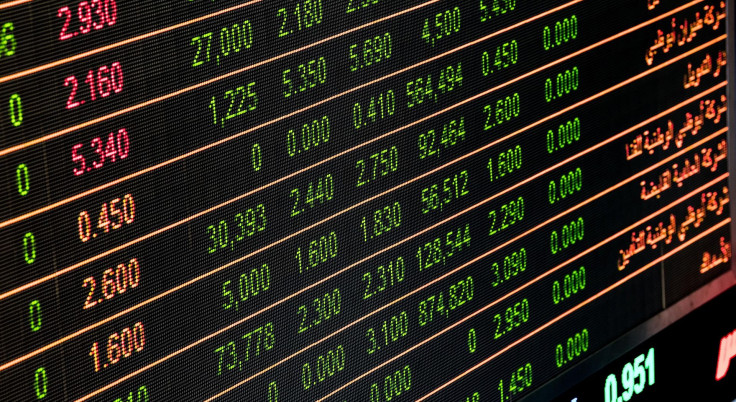What Are ETFs? Why Most Millennials Are Investing In Exchange-Traded Funds

This article was originally published on the Motley Fool.
Whether you're saving for retirement or a more short-term goal, your objective should be to generate the highest possible return at the lowest cost. But many investors neglect to pay attention to fees, and as such, end up losing a portion of their returns unnecessarily.
Thankfully, younger Americans seem to be bucking this particular trend. In a recent survey by investment manager BlackRock, 70% of millennials aged 21 to 35 plan to invest in exchange-traded funds, or ETFs, in 2017. In fact, millennials are more likely to invest in ETFs than any other age group, including Gen Xers and baby boomers.
• Motley Fool Issues Rare Triple-Buy Alert
Not only do ETFs have a place in your retirement account, but they can also be an efficient way to grow some near-term wealth. If your portfolio is currently devoid of ETFs, it pays to learn more about the benefits of adding them in.
Why choose ETFs?
To understand the benefits of ETFs, you'll need an overview of what they are and how they work. ETFs are securities that track specific market indexes and trade on public exchanges. You can get into the ETF game by purchasing as little as one share, or you can buy multiple shares, just as you have similar options when investing in stocks.
ETFs are actually a type of index fund. An index fund is a fund whose strategy is to simply track the performance of an existing index, like the S&P 500. Unlike actively managed mutual funds, which are professionally managed by so-called industry experts, index funds are passively managed. As such, index funds, and ETFs, have relatively low expense ratios, which is basically just a fancy way of talking about investment fees.
And it makes sense. With an ETF, you're not paying for a group of people to sit in a room and strategize. At the same time, you're getting many of the benefits of mutual funds -- the ability to invest wisely without having to know a whole lot about the market, and an opportunity to lock in some instant diversification at a relatively low cost.
• This Stock Could Be Like Buying Amazon in 1997
Remember, when you buy individual stocks, you're taking the risk that their specific performance won't falter -- because if it does, your positions will go down. On the other hand, if you buy an ETF, you'll be less impacted when individual companies do poorly, which can help protect your returns.
Now you may be thinking: If you buy ETFs, and thus forego the insight of a professional money manager, won't your returns suffer? It's a valid question, but despite the fact that actively managed mutual funds tend to charge more than their passively managed counterparts, they don't necessarily perform better. In fact, according to Morningstar, between 2004 and 2014, index funds outperformed actively managed funds across almost all asset classes. If you go the passive route, you might not only save money on investment fees, but snag a greater return to boot. Talk about a win-win.
Getting started with ETFs
If you're new to the world of ETFs, you might start out by buying some shares of the Vanguard S&P 500 ETF (NYSEMKT:VOO). In case you're not familiar with the S&P 500, it's basically a bucket of 500 large-cap U.S. stocks which constitute the bulk of the U.S. market. As such, the S&P 500 is a strong indicator of market performance on a whole. The Vanguard S&P 500 ETF basically just tracks the performance of the S&P 500, so that when the market goes up, so do your shares. Furthermore, this particular ETF sports a low expense ratio, which means you won't lose much to fees.
Another option you might consider is the Vanguard High Dividend Yield ETF (NYSEMKT:VYM). Because dividend stocks tend to better withstand market volatility than stocks that don't pay dividends, they also tend to deliver better long-term returns. You can also check out my colleague Matthew Frankel's review of the top ETFs for 2017, which will open your eyes to a number of strong contenders for your portfolio.
• 7 of 8 People Are Clueless About This Trillion-Dollar Market
Though millennials seem to be at the forefront of the ETF game, exchange-traded funds are a smart option for investors of all ages. It pays to incorporate some ETFs into your portfolio, especially if that allows you to dump some overpriced mutual funds with reasonably comparable returns.
Maurie Backman has no position in any stocks mentioned. The Motley Fool has no position in any of the stocks mentioned. The Motley Fool has a disclosure policy.



















